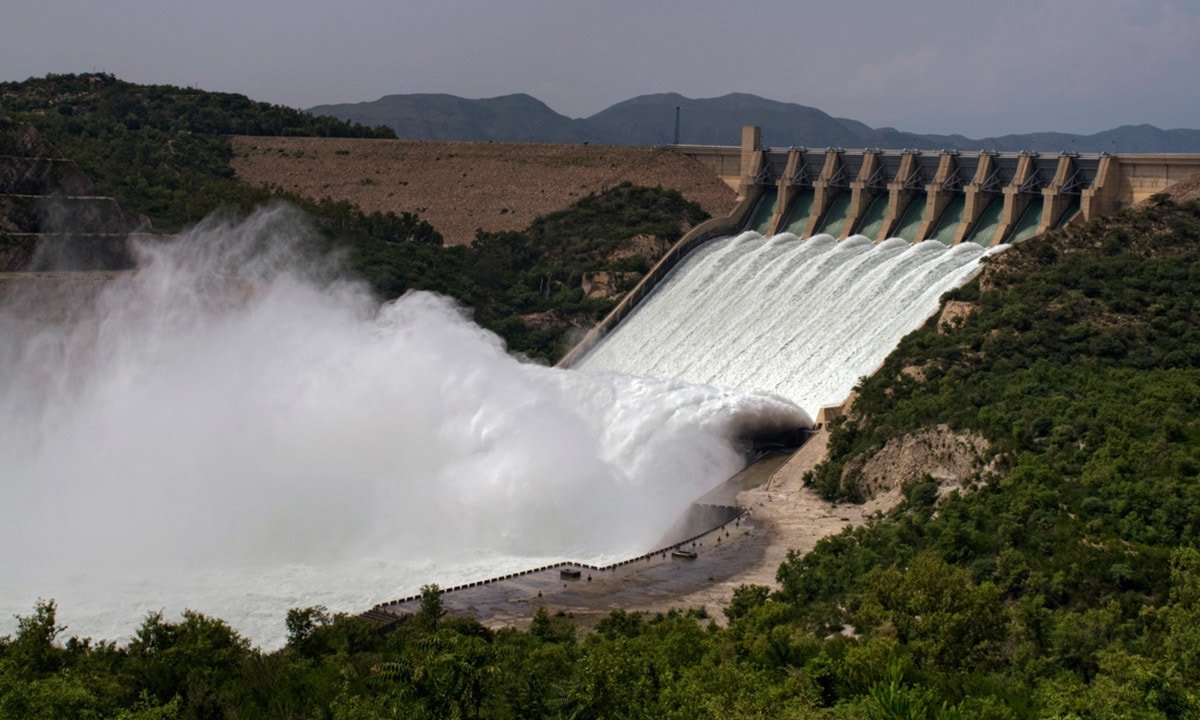The Pakistan government has been cautioned against taking actions that could escalate tensions over the Indus Water Treaty, a critical agreement that governs water-sharing between Pakistan and India. Experts and officials have emphasized the importance of approaching the issue with caution, warning that any misstep could have serious consequences for regional stability and Pakistan’s water security.
The Indus Water Treaty, signed in 1960 with the mediation of the World Bank, is widely regarded as one of the most successful water-sharing agreements globally. It allocates the use of the Indus River and its tributaries between the two nations. While Pakistan retains control over the waters of the western rivers (Indus, Jhelum, and Chenab), India has rights to the eastern rivers (Ravi, Beas, and Sutlej).
Recent developments, however, have raised concerns about potential violations of the treaty. India’s plans to build hydroelectric projects on the western rivers have prompted Pakistan to accuse its neighbor of undermining the treaty. Islamabad has taken the matter to international forums, urging arbitration and calling on India to adhere to the agreement’s provisions.
The warnings to Pakistan not to “play with fire” come amid heightened geopolitical tensions. Experts have urged the government to adopt a balanced and diplomatic approach to resolve disputes. “The Indus Waters are a lifeline for Pakistan, supporting its agriculture and energy needs,” said a senior water policy expert. “Any escalation could jeopardize not just bilateral relations but also Pakistan’s ability to secure its water rights under the treaty.”
Pakistan relies heavily on the Indus River system for its agricultural sector, which contributes significantly to the country’s GDP and employs a large portion of its population. Any disruption in water flow or mismanagement of the issue could have devastating effects on the economy and food security.
To address the growing concerns, analysts have suggested strengthening Pakistan’s technical and legal expertise in water diplomacy. They have also called for better water resource management within the country to reduce dependency and ensure sustainable usage of available resources.
The Indus Water Treaty, despite its challenges, has been a cornerstone of peace between Pakistan and India. Both sides are urged to resolve disputes through dialogue and adhere to the treaty’s spirit to ensure equitable water-sharing and regional stability.
As the situation unfolds, the international community will be closely monitoring developments, hoping for a resolution that prioritizes cooperation over conflict.





